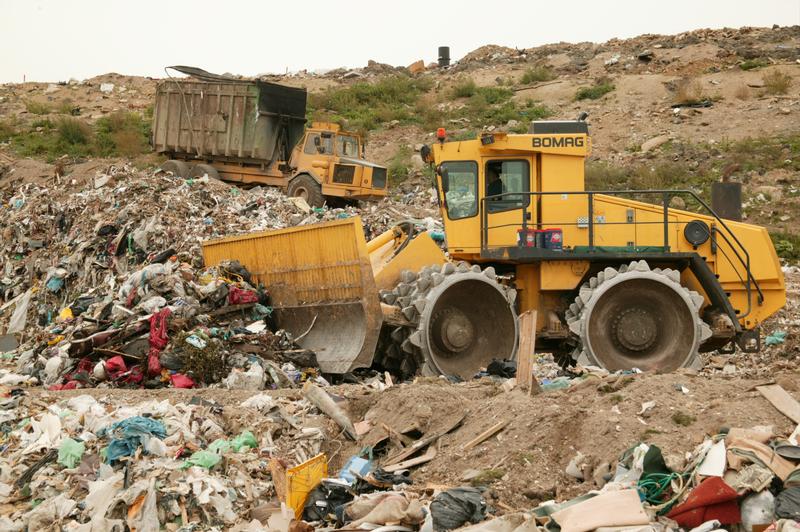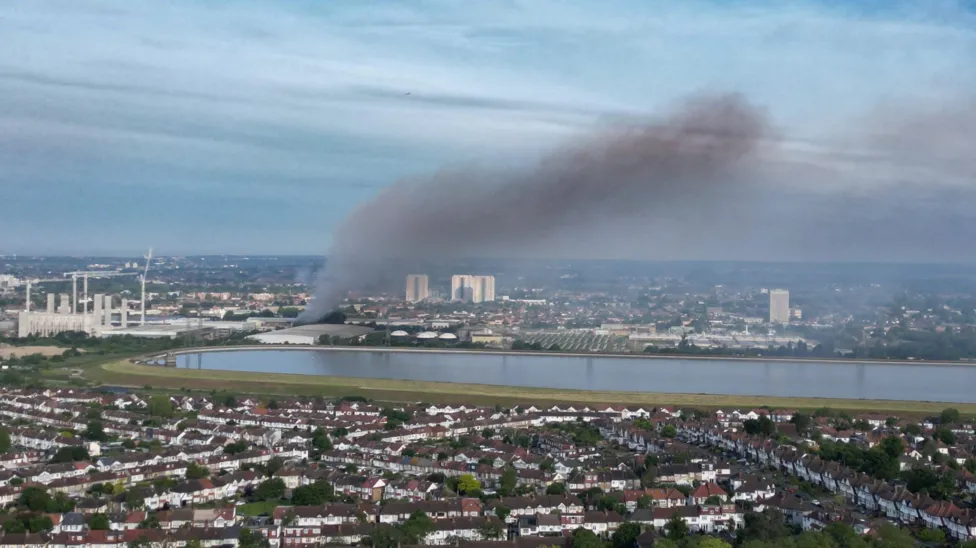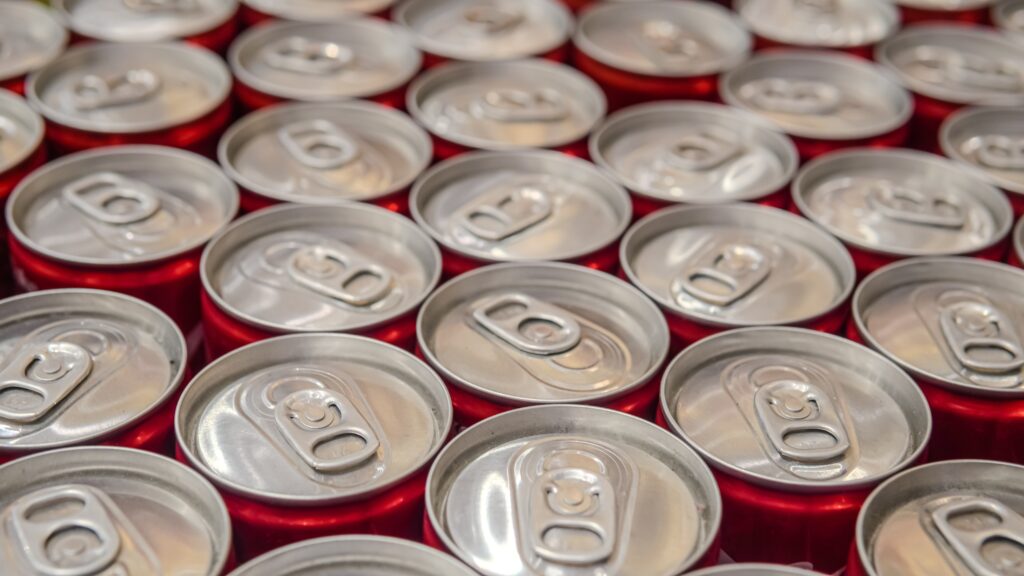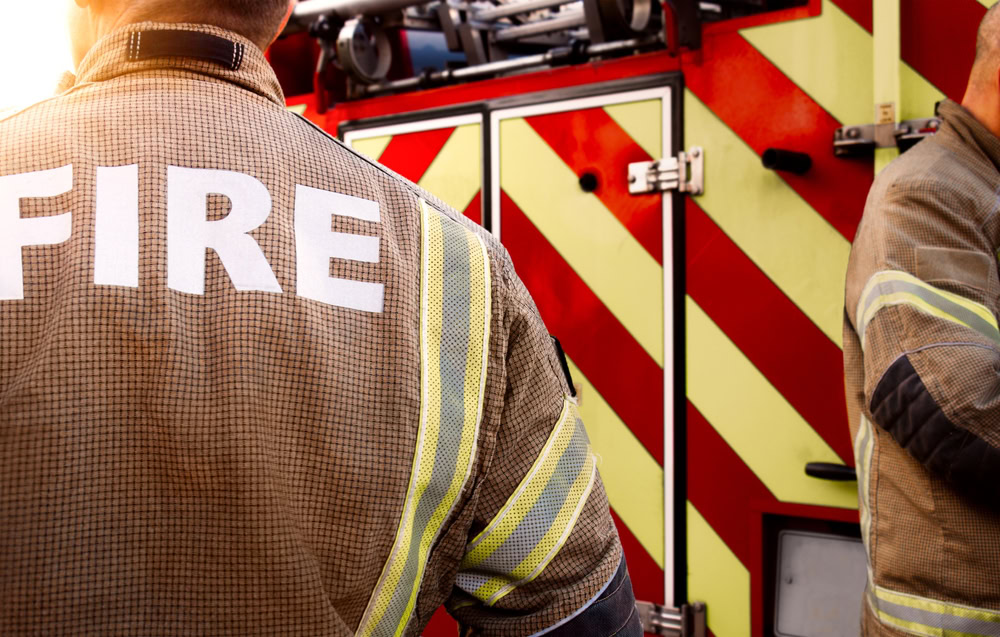The lower rate for inert material – such as incinerator bottom ash – remains frozen at £2.50 per tonne up to 2011/12.
The Landfill Tax, which was introduced at a rate of £8 per tonne in 1996, has risen incrementally and been seen as one of the drivers behind companies and councils adopting more sustainable waste management practices, such as developing recycling infrastructure.
Defra claims that the increase in the Tax is helping to drive companies towards developing alternative waste treatment methods, such as anaerobic digestion.
A statement on the department's website says: “For many companies this relative change in costs could tip the balance between recycling and landfill disposal, making recycling now the most cost effective option.”
Welcoming the rise, a spokesman for the Environmental Services Association (ESA), said: “As landfill tax rises again today to £48 per tonne we are reminded of the invaluable contribution that the landfill tax escalator has made to help transform the shape and direction of the waste industry.
“The recent Budget announcement that the escalator will continue to rise in 2014 and will not subsequently fall has been welcomed by ESA as it helps to improve longer term certainty and drive investment in alternatives to landfill.”
Chris Murphy, deputy chief executive of the Chartered Institution of Wastes Management (CIWM), agreed that the increase, and the pledge to further the escalator made in the Budget, were both welcome moves but said some reservations remained.
“We are fairly positive about it as it is good to be able to plan ahead but whether it will generate enough cash to plan further infrastructure remains to be seen,” he said.
Distribution
However, the latest increase has met with further calls from council bodies and waste trade associations for money collected under the Tax to be redistributed for the development of waste and recycling initiatives.
Among the most vocal is the Local Government Association (LGA), which represents over 400 councils in England. The organisation has repeatedly lobbied for Landfill Tax money to be used to help councils pay for waste and recycling infrastructure (see letsrecycle.com story).
Commenting on today's increase, councillor Gary Porter, chairman of the LGA environment board, said: “The increases in Landfill Tax, and the government's backtrack on its promise to return this money to councils, threatens the ability of local authorities to invest in the recycling facilities that the country needs.”
Supporting the LGA stance, Joy Blizzard, chair of the Local Authority Recycling Advisory Committee (LARAC), told letsrecycle.com: “In some ways it helps focus local authority intentions in terms of waste minimisation and recycling but I support the LGA view that when it came out it was originally going to be recycled back into local authority recycling projects and that hasn't happened.”
Campaigns
However, Ms Blizzard did stress that the increase in the Tax would help drive councils to find alternative means of treating waste, as well as allowing councils to put a monetary value on campaigns such as Love Food Hate Waste.
“[Landfill Tax] has made it a lot easier for people seeking funding, as they can say if we spend this much then we will save this much on it being sent to landfill. And, that is quite a shift and it will give waste minimsation efforts the progress they deserve,” she said.








Subscribe for free